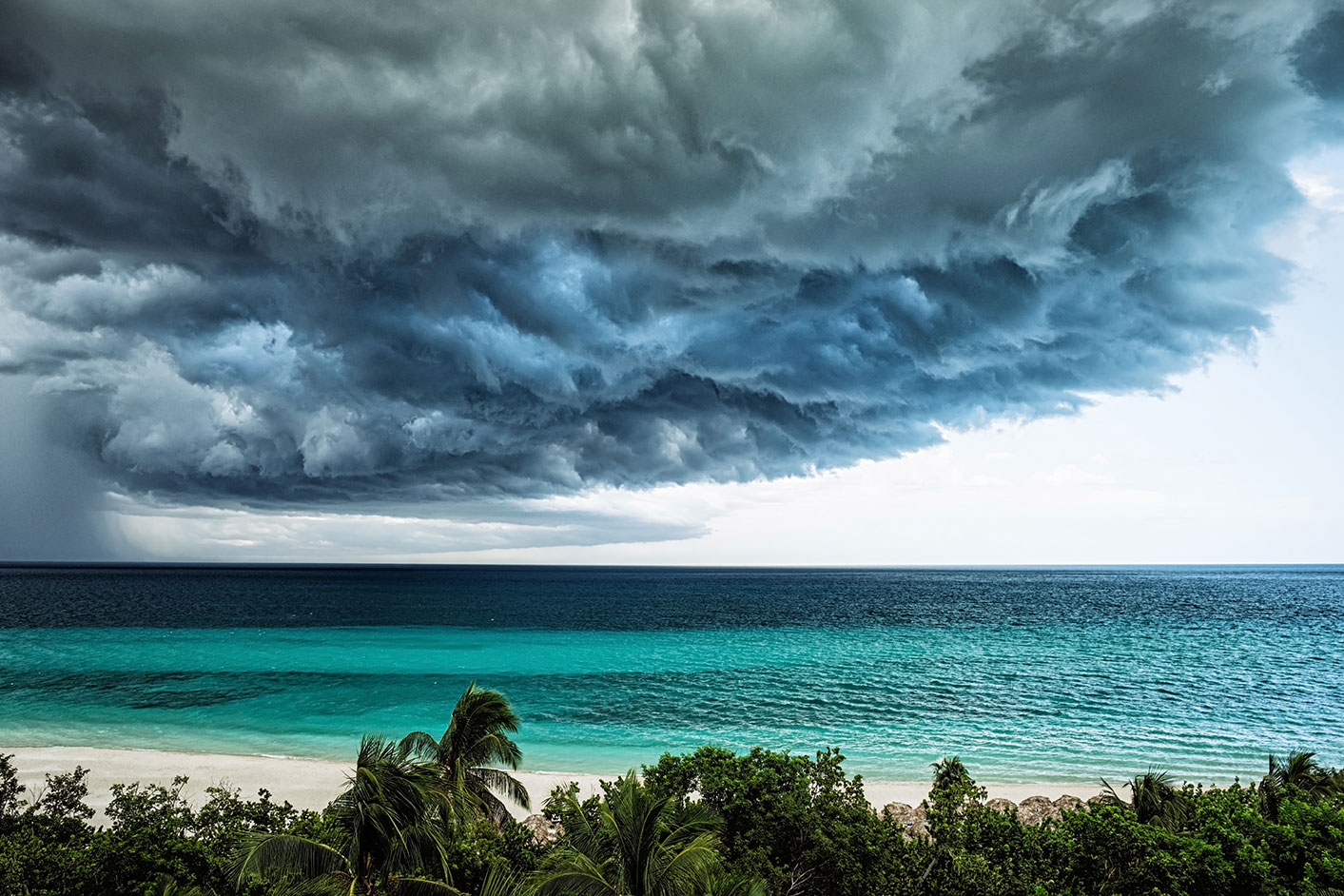Unfortunately, every year, we are increasingly exposed to their destructive potential in many areas of the United States of America.
Although it is a reality that we must learn to live with, and it seems that there is nothing that can be done before the arrival of one of them to avoid its devastation, the truth is that there are some measures that can be taken to prevent and protect us and our properties.
In the case of roofs, the most important factors to consider are the strength of the winds and the impact that large amounts of water can have on your infrastructure.
During hurricanes, wind-driven rain can cause long-term damage to your roofing system, even if there is no sign of wind damage. Therefore, the system must have high-quality waterproofing. Choosing the right roofing materials is also an important consideration. This is especially true if you live in a hurricane zone.
Deterioration and wear from inclement weather can reduce the performance of most roofing systems, so it´s crucial to inspect your roof regularly, especially if you live in a hurricane-prone area.
These regular inspections can help you know in advance if special maintenance is needed at a particular time, avoiding significant damage from small failures or weaknesses that may occur.
As soon as the storm passes, it will be vital for you to have your property inspected by a roofing specialist to check for any possible damage, even if there are no apparent signs of wear, such as those typically caused by high wind gusts.
Of course, in all matters related to hurricanes, storms, or natural disasters, the most important thing is your safety and the safety of your family and friends, which is why we recommend the following:
.- Have an insurance policy that protects you, your family members, and your property in a disaster.
.- Develop an emergency plan. Please make sure everyone in your family knows it.
.- If you are in an evacuation zone, leave immediately and make that your only priority: getting you and your family to safety.
.- Put all documents in a safe place. Use waterproof devices.
.- Protect your doors and windows, and place your pets strategically in the interior of your home.
We hope that you will never have to experience this type of situation. But prevention will always be your best ally.



